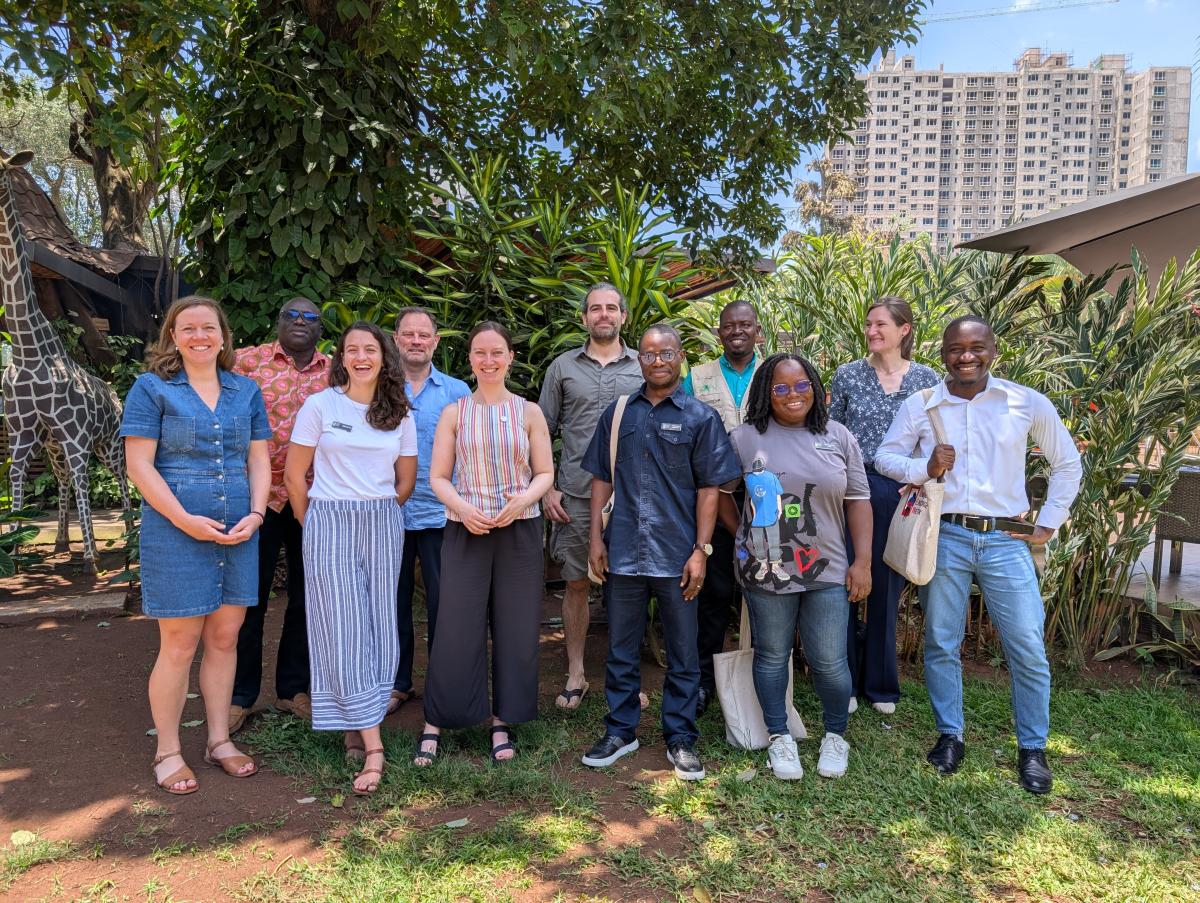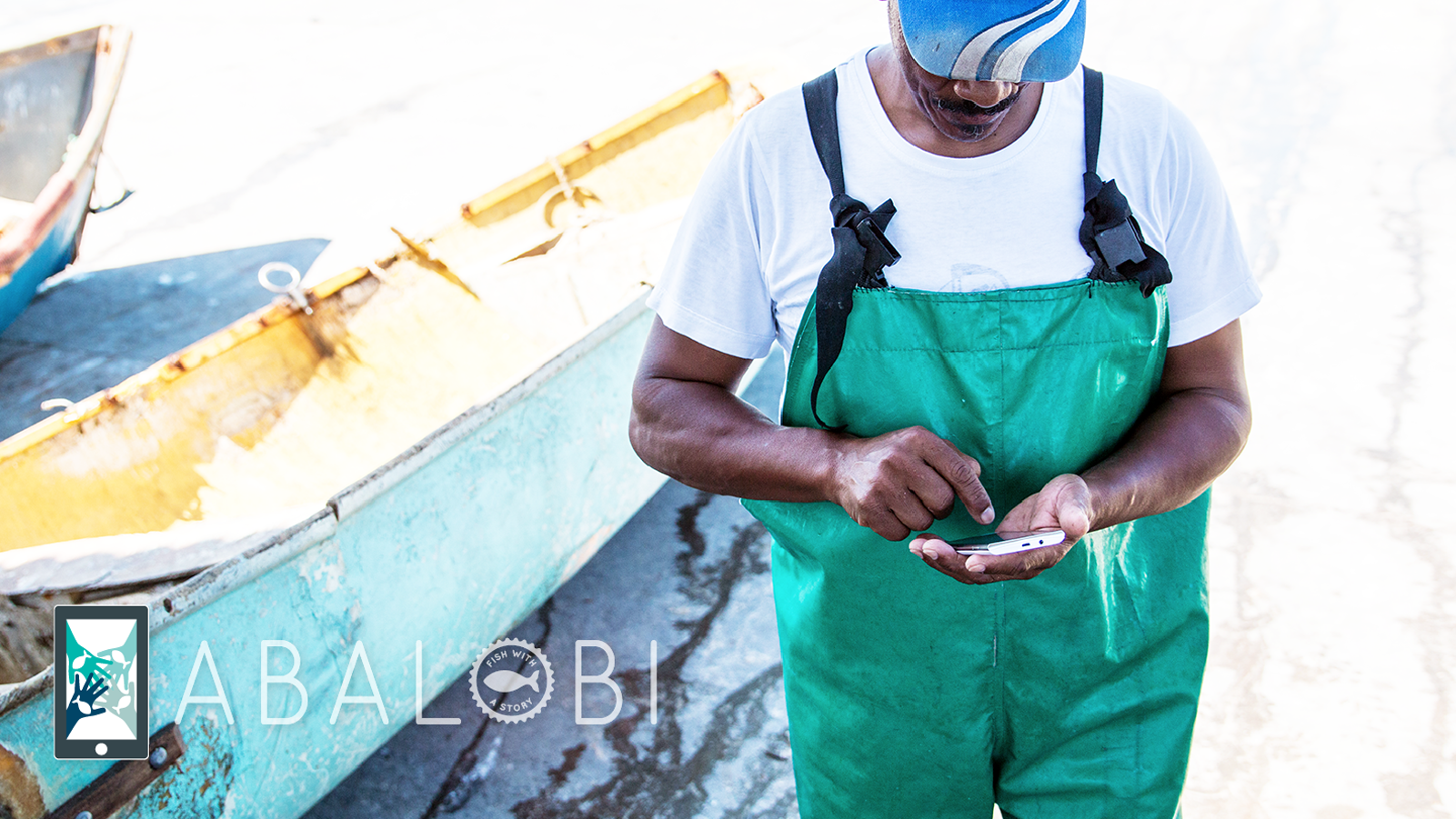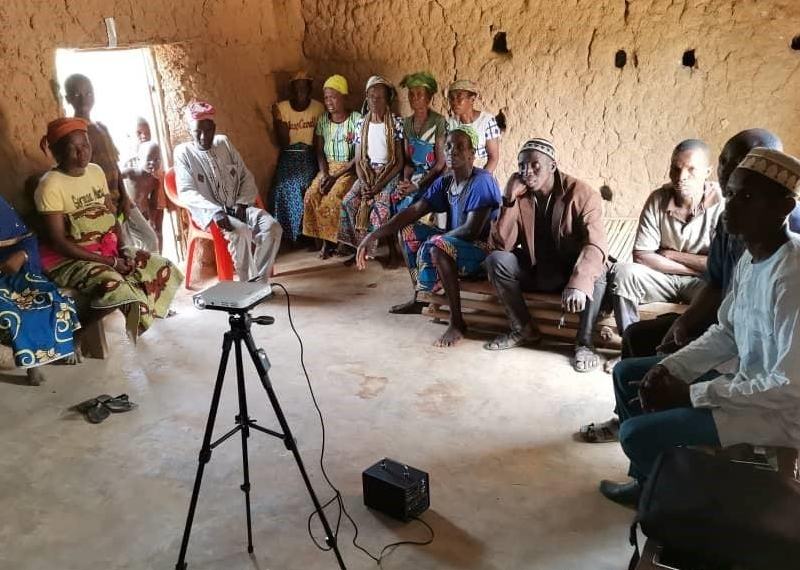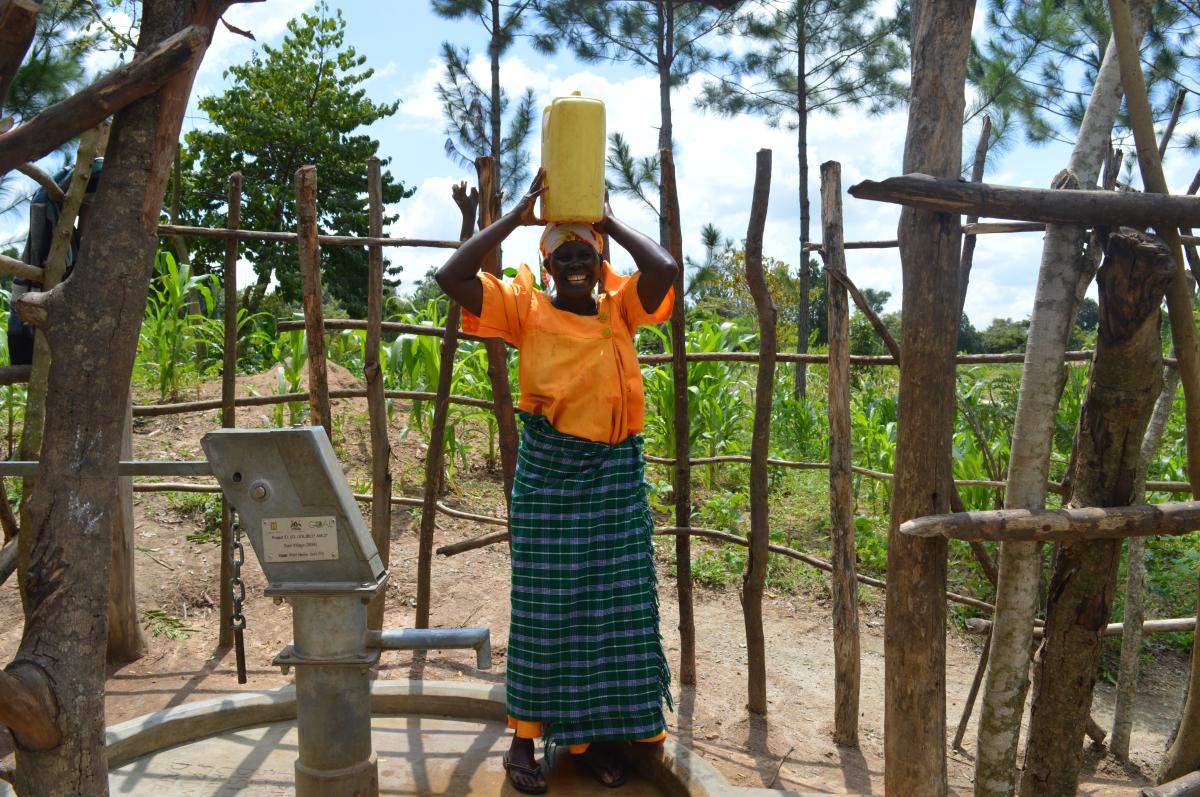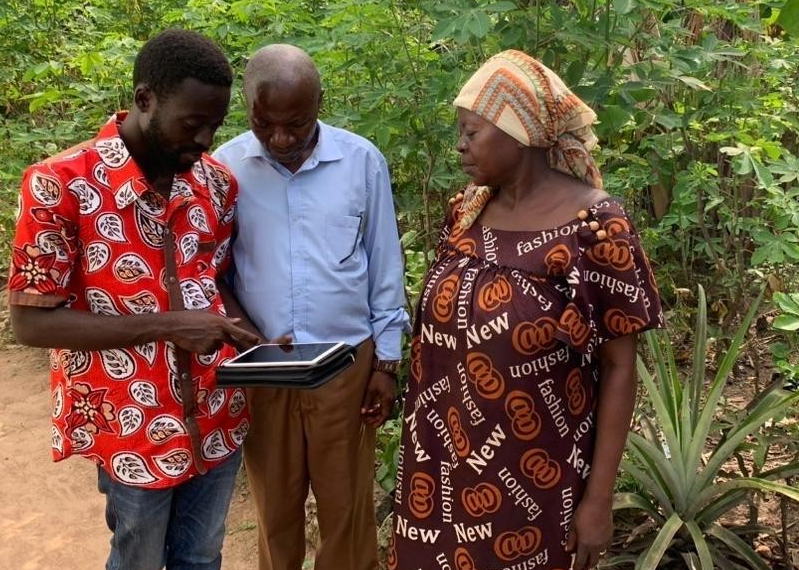Empowering African innovation: public innovations selected to scale their impact
As part of the Digital and Green Innovation Action, the Enabel Innovation Hub, is implementing the Call for Proposals on Scaling Digital and Green Innovations in Africa. Through a combination of grants and capacity building, the Innovation Hub supports not-for-profit and public stakeholders in designing and implementing data-driven digital solutions to address pressing social challenges. By bridging digital divides—whether urban-rural, gender-based, or generational—the programme aims to strengthen data-informed decision-making and policymaking. Digital and Green Innovations (DGIs) refer to solutions that harness digital tools or technologies to deliver measurable contributions to at least one of the following environmental objectives:
- Climate adaptation, resilience, or mitigation
- Protection and restoration of biodiversity and ecosystems
- Sustainable use and preservation of water and maritime resources
- Pollution prevention and reduction
- Resource efficiency
- Systemic transitions such as the circular economy
Meet the 5 winners supported for 14 months by Enabel Innovation Hub
- Agritech Moloni, Democratic Republic of the Congo
Agritech Moloni is an innovative digital platform that provides Congolese farmers with real-time information on weather, market prices, and sustainable practices tailored to their profile, location, and specific crops. Accessible via SMS and USSD, it promotes digital inclusion even in remote rural areas. The AgriTech Moloni project advocates for sustainable farming practices and aims to increase production while protecting natural resources and strengthening food security. - Digi-Tide, Tanzania
Digi-Tide is a collaboration of ABALOBI and HIVA-KULeuven, combining social entrepreneurial and academic expertise. After South-Africa and Kenya, this project brings the ABALOBI digital platform to Tanzania, including a mobile app for each fisher to use with individual logbook, a marketplace platform, and a monitor platform. Digi-Tide aims to support small-scale fisheries become greener, digital, and more sustainable. It also facilitates peer learning and builds capacity and networks among Beach Management Units, fishing communities, education actors and other stakeholders in Tanga and Pemba. Digi-Tide will inform and share insights on the Tanzania local fishing sector through videographics based on the project’s ethnographic component. - Tap & Track, Uganda
The Tap&Track project wants to digitise and formalise rural water systems in Uganda, allowing for more efficient and greener water supply. Practica and GOAL will roll out the Tap&Track system to selected Ugandan Area Service Providers (ASP) – managing handpumps in rural areas – and Umbrella authorities of Water & Sanitation (WatSan) – managing small-scale piped water schemes. Through a web dashboard and a mobile application, these ASP’s and WatSan’s and their caretakers staff, will be able to optimise the financial and technical performance of their drinking water systems, while at the same time greening their operations. Through training and capacity building, the project will especially empower young and female caretakers. - DeltaSense, Democratic Republic of the Congo, Uganda, Burundi, Tanzania and Mozambique
DeltaSense uses advanced satellite data technologies, validated on the ground by local research institutions, to map and track landscape changes around African lakes. This environmental monitoring, with information available through an open-source remote sensing web platform, is expected to enable authorities and local communities to take action to preserve essential ecosystem services and strengthen their resilience. - SAMAD, Benin
Access Agriculture’s learning videos in local languages will be made available in a mobile App and through solar-powered smart projectors deployed by grass-roots entrepreneurs, in order to increase the use of agroecology farming techniques. An evidence-based strategy to expand this innovation in Benin and beyond will be developed by engaging multiple stakeholders and collecting end-user feedback.
Latest news from this project
No news
